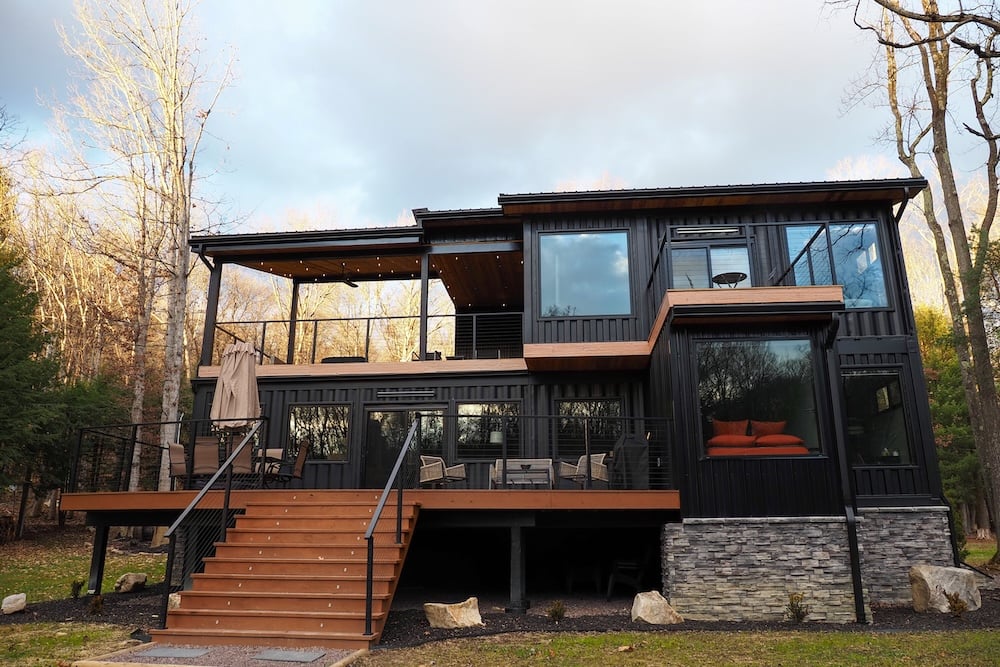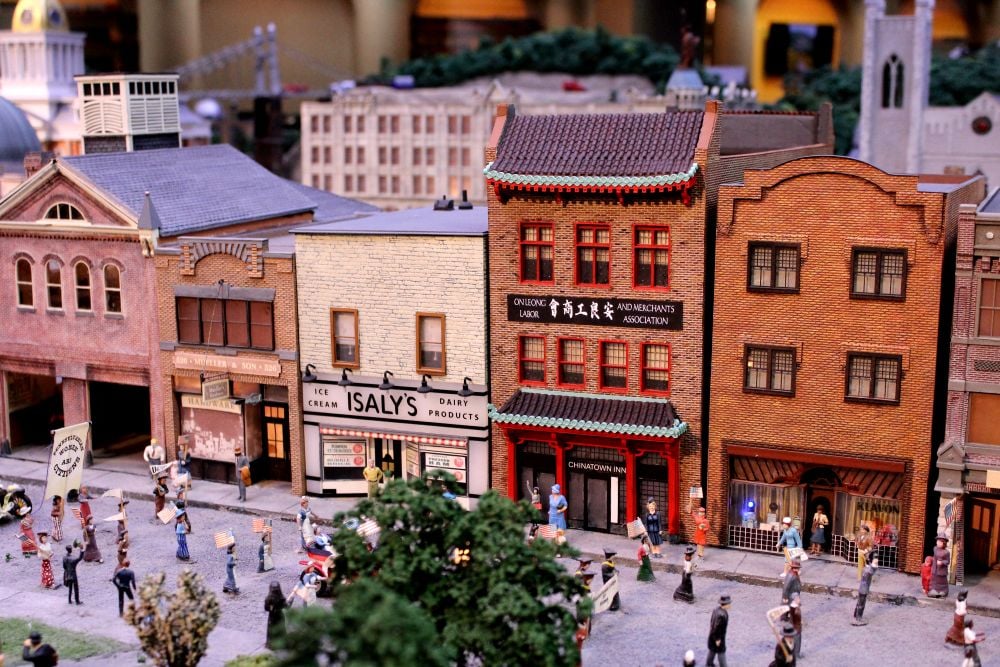Getting Ready to Sell Your Home? These Are 5 Don’ts
From rethinking the addition of a new pet to prioritizing when to renovate your Pittsburgh potty, local experts share common mistakes homeowners should avoid when readying their home for the busy spring selling season.
As the winter season comes to an end, the days get longer, the frost begins to melt — and the busiest season of buying and selling a home starts to heat up.
According to research by Zillow, the most popular time to sell a home is in June, but preparation for it starts now.
Months before their home goes on the market, homeowners should begin to contemplate what needs to be done to get their homes ready to sell.
Preparing a marketable home is a three-legged stool, says realtor Abby Wilson, who is part of the Askin-Wilson Group at Compass RE. The three elements are “house ready, price right and market type,” which outline how to prepare your home to be sold, how the house is priced and how to sell it while on the market.
Once you decide to place a home on the market, every decision made from there on out should consider all three of those components, Wilson says.
But another important question homeowners should ask themselves when getting their home ready to sell is what they shouldn’t do. For answers to that, we turned to local experts, who identified some surprisingly common choices that can hurt your home’s value on the market.
1. Don’t Get a New Pet — Or Pick Up a Smoking Habit
Although many people love their furry friends — about 66% households in the United States own a pet, according to Forbes — they can make the selling process more challenging thanks to shedding fur and past accidents around the house. Cigarette smoke can also leave an unpleasant odor that could turn off prospective buyers.
As Wilson notes, getting rid of the smell of cat pee and cigarette smoke can be extremely difficult.
“Those are just complete turnoffs, for the vast majority of home buyers,” she says.
While the Askin-Wilson Group has many clients that are cat owners, they advise people from becoming new cat owners while their house is for sale.
“Just wait until you buy your next house to get the cat,” Wilson says.
2. Don’t Follow Any Trends
Though fast fashion — including cheap, trendy decor — makes it easy to obtain the current moment’s hottest styles, these fads should not have a place in any home that’s about to go on the market.
“Anything that’s really hyper trendy is going to go out of vogue very quickly,” says Sal Bucci, a realtor and listing specialist for The Fraser team at Piatt Sotheby’s International Realty.
Related: 6 Out-of-Date Interior Design Trends to Avoid in 2025
For example, Bucci says the black-and-white farmhouse style was a popular trend prior to the COVID-19 pandemic. But now, that same style can make a house look dated.
Instead, home sellers should concentrate on timeless decor, including classic design trends that have lasted throughout the past 100 years, Bucci says. Anything in the home decor section of Target should be considered a momentary trend.
“Unfortunately, as quickly as you invest in putting that up, the likelihood that it goes out of vogue is pretty high,” Bucci says.
3. Don’t Redo a Bathroom in the Basement if it Is Unfinished
While a bathroom remodel can increase the value of your home, with a national average return on investment of 72.7%, according to Gehman Design Remodeling, this does not mean every bathroom. Bucci says renovating a full bathroom in an unfinished basement isn’t a priority.
“Who wants to go down to an unfinished basement that probably has a low ceiling and take a shower or use the toilet and then trudge back upstairs through the unfinished basement?” he asks.
Overall, Bucci observes this type of bathroom renovation does not add much value when he is pricing a home.
“It’s not functional; it’s not utilized as much,” he says.
4. Don’t Disregard the Home’s Condition When Selling
Home sellers should not expect their prospective buyer to be accompanied by an unobservant home inspector who is going to miss anything wrong with the house — or believe that buyers will act as their own inspectors.
“You need to assume you are going to have the most methodical, systematic home inspector,” says Emily Askin, of the Askin-Wilson group at Compass RE.
With that in mind, following up with small tasks in your home such as keeping the gutters and roof clean is key, Askin says. A deep cleaning or a new coat of paint can also go a long way in presenting your home as fresh and attractive.
“Don’t assume that people will not judge your home based on how clean or dirty it is,” Askin says.
Because prospective buyers are trying to imagine themselves in your home, owners should also pack away any personalized trinkets that take away from that perspective.
“This is not necessarily the time to be proud of your Diana 500 Hummel figurine,” Askin says.
5. Don’t Make Any Cosmetic Improvements Without First Consulting a Realtor
Although it’s typical to customize the home you are living in, it is equally important to think of the years to come. If you plan on selling the house in the near future, experts suggest laying off on the customizations. If renovations are a must, consult a professional first.
“And not just any realtor,” Wilson adds. “Talk to someone who really knows what they’re talking about.”
Before you go with the bold wallpaper that may be a great fit for you, but maybe not for the next homeowners, or an expensive kitchen renovation, consult an knowledgeable source who knows how to price properties — and who will give you insight on what renovations will make the monetary value of a home go up, Bucci says.
“A good realtor will answer those questions for you,” Wilson adds.















